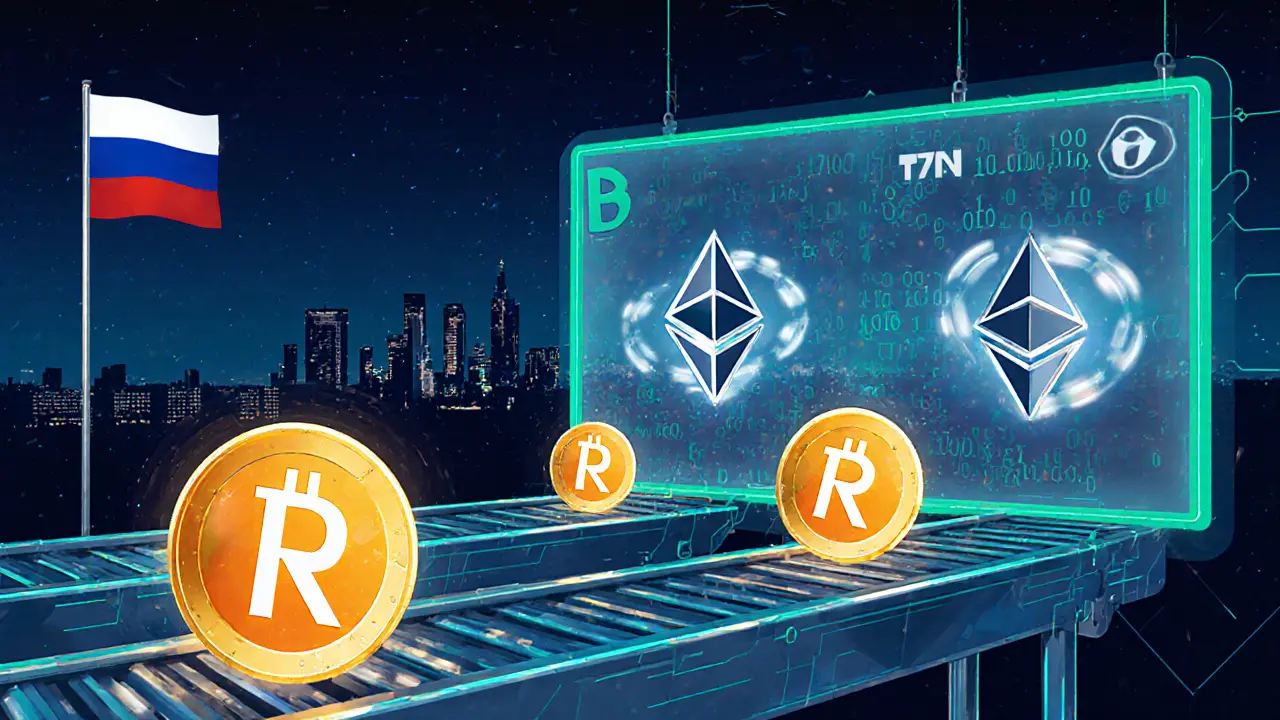Sanctions Evasion in Cryptocurrency: Risks, Regulations, and Real‑World Cases
When working with sanctions evasion, the practice of sidestepping official financial bans by routing crypto transactions through hidden channels. Also known as crypto sanctions circumvention, it directly affects global markets because governments try to block illicit finance while crypto offers anonymity. The concept encompasses three core ideas: (1) using decentralized tools to avoid OFAC sanctions, (2) leveraging VPN usage to mask IP addresses, and (3) exploiting gaps in cryptocurrency regulation across jurisdictions. In short, sanctions evasion requires technical tricks, legal blind spots, and a willingness to walk the line between innovation and illegality.
How Regulation, Tools, and Markets Interact
Every time a trader tries to dodge a sanction, they run into the web of cryptocurrency regulation that varies from India’s tax rules to Thailand’s licensing demands. For example, the 2025 India guide shows how local tax codes can become a backdoor for evasion if traders hide profits in foreign wallets. Meanwhile, VPN crypto trading in Iran illustrates the exact opposite: users rely on encrypted tunnels to keep exchanges like Nobitex from flagging suspicious flows, a tactic that regulators in the US and EU are actively cracking down on through OFAC sanctions enforcement. The same logic applies when exchanges get blacklisted—as seen in the 2025 list of crypto exchanges banned in Iran—forcing users to seek offshore platforms that may lack proper licensing, thereby increasing the risk of fraud. Sandbox programs in Europe and the US attempt to provide a testing ground for compliant projects, yet many operators view them as a way to legitimize activities that could still be used for evasion. Each of these pieces—regulatory gaps, VPN technology, and exchange bans—creates a feedback loop where stricter rules push operators toward more sophisticated concealment methods, which in turn prompt even tighter controls.
Understanding these dynamics is essential before you dive into any of the articles below. The collection covers everything from practical VPN tips for Iranian traders, through detailed reviews of exchanges that have faced sanctions scrutiny, to step‑by‑step guides on navigating crypto licensing in the US and Thailand. You’ll also find analyses of how blockchain projects try to stay compliant while offering privacy, and real‑world case studies of 51% attacks on small coins that often become vectors for illicit funds. By the time you finish reading, you’ll have a clear picture of how sanctions evasion works, why it matters, and what tools or regulations you can use to stay on the right side of the law.

Russia's Crypto Tactics to Dodge Western Sanctions
Oct 15, 2025, Posted by Ronan Caverly
Explore how Russia leverages custom tokens, shady exchanges and Kyrgyz banks to sidestep Western sanctions, and see what regulators are doing to stop it.
MORESEARCH HERE
Categories
TAGS
- decentralized exchange
- crypto exchange
- crypto exchange review
- crypto coin
- crypto airdrop
- cryptocurrency
- CoinMarketCap airdrop
- cryptocurrency trading
- smart contracts
- tokenomics
- DeFi
- cryptocurrency exchange safety
- crypto airdrop 2025
- cryptocurrency airdrop
- cryptocurrency exchange
- MiCA
- crypto airdrop guide
- blockchain token distribution
- crypto token
- Portugal crypto tax
